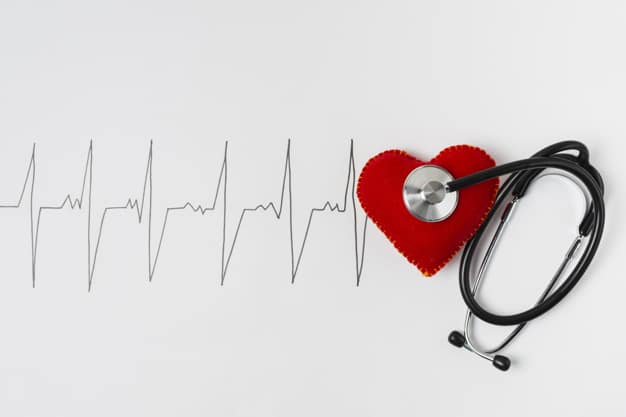Electrophysiology studies (EPS) are tests that help cardiologists better understand the underlying cause of an arrhythmia, or irregular heartbeat. EP studies test the electrical activity of the heart in order to diagnose the arrhythmia. These tests are an important step when planning the proper course of treatment for each patient. Here is what you need to know about EPS.
When is an Electrophysiology Study Performed?
When a patient’s heart seems to be beating abnormally, cardiologists use EPS to understand why. Hearts typically beat in a steady, regular pattern due to the electrical signals pulsing through them. However, some heart conditions and cardiac events, such as heart attacks and high blood pressure, can cause scar tissue to build within the heart. This scarring can cause the heart to beat in an uneven pattern that can result in further complications for the patient. Since treatment options will vary based on where the problem is occurring, cardiologists will conduct EP studies to discover exactly where the rhythm irregularity is coming from.
EPS can also be used to see whether a certain medication is working to treat the irregular rhythm. Afib is the most common form of arrhythmia, and these patients are typically prescribed blood thinners like Eliquis or Lovenox. This study also examines whether or not a pacemaker or the Watchman Implant would be a better choice as opposed to anticoagulants.
What Happens During an Electrophysiology Study?
During an Electrophysiology study, a cardiologist will insert small wires, known as electrode catheters, into a blood vessel leading to the heart. The catheters will then send electronic signals into the heart, so the heart’s electrical activity can be recorded. EPS can last between one and four hours, and you will be given a local anesthetic for the pain as well as a sedative to help you relax.
After the study is over, you will be moved to a recovery room where you will rest for another one to three hours. While you rest, a nurse will check in frequently to monitor the state of the catheter’s injection site. Your doctor may also come in to discuss your test results with you, or you may be asked to schedule a separate appointment. A nurse will also talk to you about your post-op care and what to do once you are home.

What to Expect After the Study
Most patients experience no difficulties after an electrophysiology study and are able to resume all regular activities the next day. It is recommended that patients not consume any food or medication for at least six hours after the procedure, and that they wait at least 24 hours before driving. Bruising and soreness is normal, but if you experience any of the following post-op side effects, call your doctor right away:
- Increased swelling, bruising or bleeding at the puncture site
- Numbness or tingles in the arm or leg
- Coldness or changing color in the hand or foot
An electrophysiology study can be a lifesaving step in the diagnosing and treatment of a patient suffering from Afib or another heart arrhythmia. Due to the delicate nature of the cardiovascular system, it is important to follow the cardiologist’s instructions carefully to ensure your safety before, during, and after an EPS. To learn more about this study, or if you’d like to schedule one now with one of our experts, contact CVG today.



